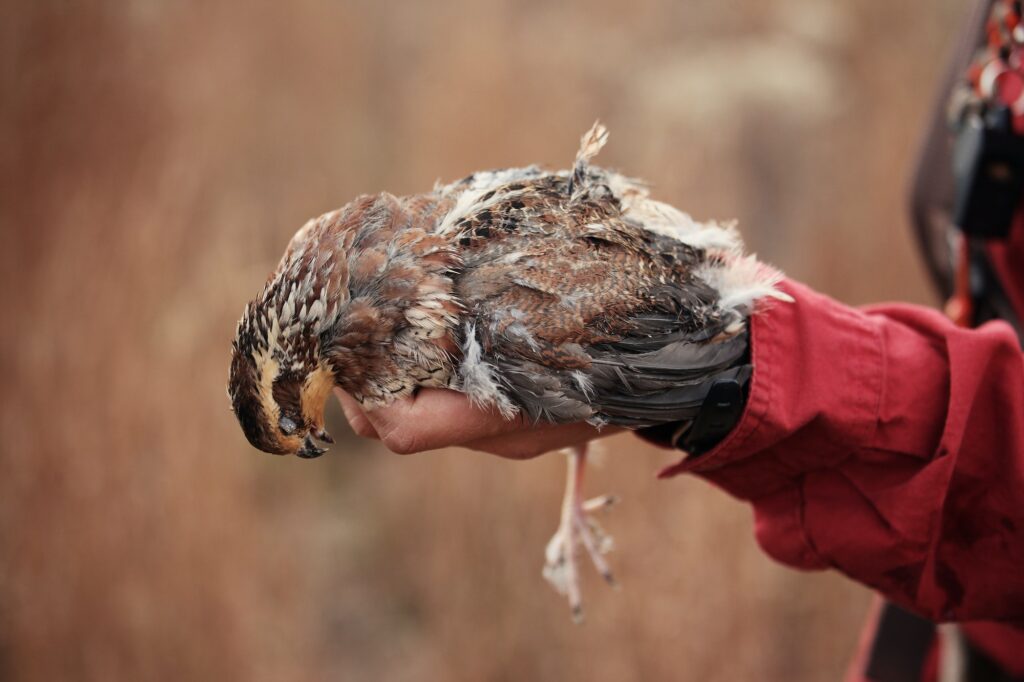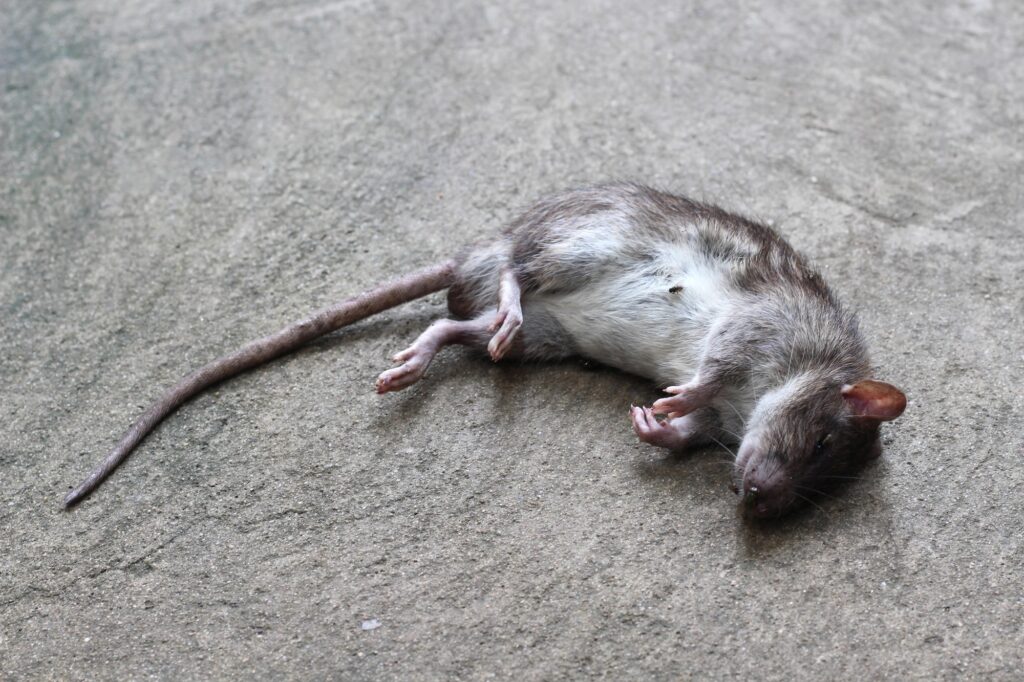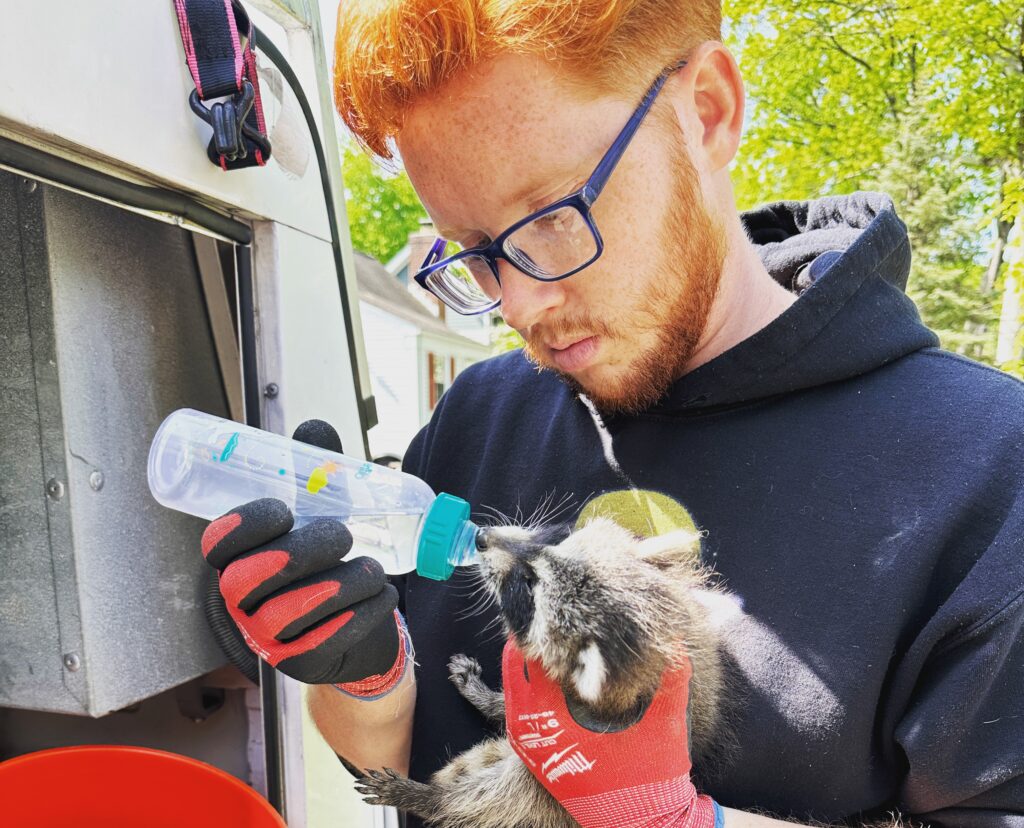In the picturesque state of New Jersey, the serenity of suburban life can sometimes be disrupted by the unfortunate presence of deceased animals. The necessity of addressing such situations goes beyond the immediate unpleasantness, extending into the realm of public health and safety. Dead animal removal in New Jersey, or Dead Animal Removal NJ, becomes a critical task in maintaining the well-being of communities.
As these unfortunate incidents occur, the decomposition process begins, releasing potentially harmful bacteria and pathogens into the surroundings. The resultant foul odors and gases not only create discomfort but also pose health risks to those in proximity. Furthermore, the deceased animals attract pests, increasing the likelihood of insect infestations and the potential spread of zoonotic diseases.
In this delicate scenario, prioritizing safety in the removal process is paramount. Proper handling techniques, the use of personal protective equipment (PPE), and adherence to disposal and cleanup procedures are crucial components of minimizing health risks. Residents and property owners alike must be aware of the legal and environmental considerations associated with dead animal removal in New Jersey to ensure compliance with local regulations and mitigate environmental impact.
Key Takeaways
- Understand the health risks linked to unattended deceased animals for public safety.
- Prioritize safety by utilizing proper equipment and seeking professional dead animal removal services.
- Comply with New Jersey regulations to ensure ethical and responsible removal practices.
- Embrace eco-friendly methods to minimize the ecological impact of dead animal removal.
- Rely on Kritter Catchers for their expertise in safe and efficient dead animal removal.
Health Risks Associated with Dead Animals
The presence of deceased animals poses inherent health risks that extend beyond the discomfort of the situation. When addressing the intricacies of dead animal removal in New Jersey, or Dead Animal Removal NJ, it becomes imperative to recognize the health implications associated with the decomposition process. As these animals undergo natural decay, they release harmful bacteria and pathogens into the environment, presenting a potential threat to public health.
The release of foul odors and gases during decomposition not only contributes to an unpleasant atmosphere but also introduces respiratory risks to those exposed. In areas with high foot traffic, such as residential neighborhoods, parks, or commercial spaces, the health risks become more pronounced. The decomposition process, if left unattended, can create a breeding ground for insects, increasing the chances of infestations.
Moreover, the attraction of pests to the carcasses elevates the risk of zoonotic diseases. The presence of scavengers and insects can facilitate the transmission of diseases that may affect both animals and humans. Thus, in the context of Dead Animal Removal in New Jersey, understanding and mitigating these health risks is fundamental to safeguarding the well-being of communities and emphasizing the importance of professional services in managing these situations effectively.
Safety Concerns in Dead Animal Removal
Legal and Environmental Considerations
Navigating the realm of Dead Animal Removal in New Jersey, or Dead Animal Removal NJ, requires a nuanced understanding of both legal regulations and environmental considerations. Compliance with New Jersey’s regulations regarding dead animal removal is not only advisable but essential for avoiding legal repercussions. Municipal and state laws dictate proper disposal methods, emphasizing the responsibility of individuals and agencies involved in the removal process to adhere to these guidelines.
Environmental impact is another crucial facet that cannot be overlooked. Responsible dead animal removal involves more than just the safe extraction of the carcass; it requires careful consideration of the potential consequences on the surrounding ecosystem. The disposal of deceased animals must align with environmentally sustainable practices to prevent contamination and mitigate any adverse effects on local flora and fauna.
Balancing legal obligations and environmental stewardship is central to ensuring that dead animal removal is conducted responsibly and ethically. Professionals engaged in this service must be well-versed in the intricacies of New Jersey regulations, guaranteeing compliance while also prioritizing environmentally friendly practices. By emphasizing the importance of these considerations, communities can actively contribute to maintaining the ecological balance while addressing the necessity of Dead Animal Removal in New Jersey.

Professional Dead Animal Removal Services
Amidst the challenges posed by deceased animals, seeking the assistance of professional dead animal removal services emerges as a prudent and effective solution, particularly in the context of Dead Animal Removal in New Jersey, or Dead Animal Removal NJ. These professionals bring a wealth of expertise to the table, ensuring the safe and efficient removal of carcasses while mitigating associated health risks.
One of the primary benefits of hiring professionals lies in their specialized knowledge of safe removal techniques. Equipped with the necessary tools and personal protective equipment, they can handle the task with precision, minimizing the risk of contamination or injury. Their experience allows for a thorough cleanup process, addressing not only the removal of the deceased animal but also the disinfection of affected areas.
In the realm of Dead Animal Removal in New Jersey, professionals play a crucial role in ensuring compliance with local regulations. Their familiarity with state and municipal laws enables them to navigate the legal landscape seamlessly, sparing clients from potential legal complications.
FAQs
Why is Dead Animal Removal necessary?
Dead Animal Removal is essential to mitigate health risks associated with the decomposition process, prevent the attraction of pests, and maintain the overall well-being of communities.
What are the health risks of leaving a dead animal unattended?
Unattended dead animals can release harmful bacteria and pathogens during decomposition, leading to potential respiratory issues and the spread of diseases. The foul odors and gases produced also contribute to an unhealthy environment.
How can I safely remove a dead animal from my property?
It is recommended to hire professional dead animal removal services. They have the expertise, protective equipment, and tools necessary to safely handle the removal, minimizing health risks and ensuring proper disposal.
Are there legal considerations for dead animal removal?
Yes, there are legal regulations governing dead animal removal, especially at the state and municipal levels. It is crucial to comply with these regulations to avoid legal consequences and contribute to responsible waste management.
What is the environmental impact of improper dead animal disposal?
Improper disposal can have adverse effects on the environment, including contamination of soil and water. Professional removal services follow environmentally friendly practices to mitigate these impacts.
Conclusion
In conclusion, addressing the challenges posed by deceased animals goes beyond mere inconvenience; it is a matter of safeguarding public health, preserving the environment, and upholding community well-being. The intricacies of Dead Animal Removal in New Jersey, or Dead Animal Removal NJ, underscore the importance of prioritizing safety, adhering to legal regulations, and embracing environmentally responsible practices.
For those seeking a reliable solution in Dead Animal Removal in New Jersey, we recommend reaching out to Kritter Catchers. Our team is dedicated to ensuring the swift and safe removal of deceased animals, offering expertise that extends beyond the task at hand to encompass the broader considerations of health, safety, and environmental responsibility.
Take the proactive step towards a cleaner, safer environment by contacting Kritter Catchers today at (973) 747-5455. Let us handle the intricacies of dead animal removal, allowing you to focus on the well-being of your community.


